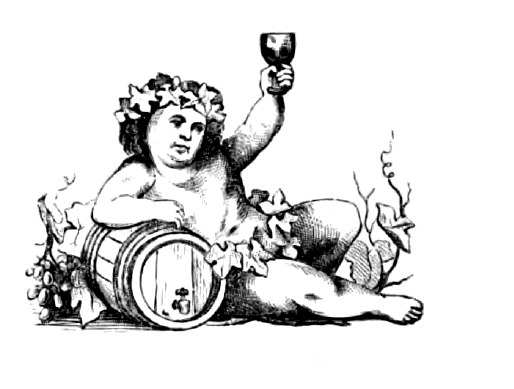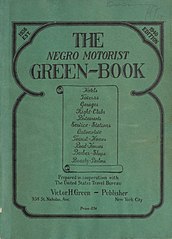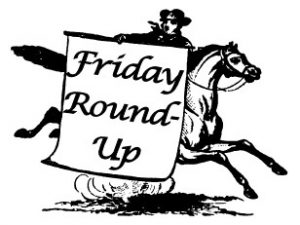Work continues around the entrance to our office at the Hexagon House. We appreciate everyone’s patience as our back yard is getting a facelift. As the work continues, you may see us out and about taking the yearly Revolving Fund images.
Our application to continue our nonprofit status on Flickr was denied this week. We have subsequently lost our Pro status and over 10,000 of our images are at risk of deletion at any time. If you enjoy our photo captions and the visual resource embodied in the Flickr collection, please reach out to us at phwinc.org@gmail.com or consider directly gifting us a Pro account keep the collection online for now. In the meantime we have have downloaded all our photos and captions and are working on self-hosting. Due to the migration of our images to our own hosting, however, we will not be continuing the social media photo caption project at this time.
If you are currently using any of the photos on our Flickr account, we highly encourage you to download whatever ones strike your fancy now, as they may become unavailable for general researchers online for some time or possibly forever. Event photos will be the last to be added back, as obviously our building photos are the more useful resource for researchers.
We were also informed this week that AmazonSmile will be discontinued by February 20, 2023. Until this date, customer purchases made via AmazonSmile will continue to support your charity of choice as normal. Thank you to everyone who used this program and had PHW as one of your supported causes. We never received a tremendous amount of income through the program, but we enjoyed its impact while we had it.
The National Trust is pleased to share its first installment of a new report detailing the “State-of-the-State Historic Tax Credits.” Thanks to the generous support of the David and Julia Uihlein, the National Trust has developed a state historic tax credit resource guide and interactive map that will help advocates, stakeholders, and policy makers develop and strengthen state historic tax credit incentives to improve our communities. Hear from key leaders and supporters of rehabilitation incentives, including former U.S. Senate Majority Leader Bill Frist, about the importance of rehabilitating historic properties and elements of the most effective state programs. Learn how states are using rehabilitation incentives to address key priorities like affordable and workforce housing, rural development, and energy efficiency objectives. Join the National Trust for this exciting discussion and see how your state compares! Register on Zoom for State Historic Tax Credit Incentives – Tools and Perspectives for Building Stronger and More Vibrant Communities on January 24, 4:00 PM.
The Virginia Department of Transportation will hold a public hearing concerning improvements to Millwood Avenue (Route 17/50/522) in the City of Winchester. The meeting will be held on Tuesday, January 24 from 4-6 pm at Rouss City Hall, 15 North Cameron Street, Winchester. Local residents are invited to attend and discuss the project on a one-on-one basis with VDOT officials and designers. Written comments can be submitted at the meeting or within 10 days after the meeting date to Mr. David Robinson, P.E., Project Manager, Virginia Department of Transportation, 811 Commerce Road, Staunton, VA 24401-9029. Oral comments can be recorded at the meeting with the assistance of a court reporter.
The French & Indian War Foundation will host their annual George Washington Birthday Celebration on February 20 this year. There will be a free military muster at the site of Fort Loudoun, 419 N. Loudoun St., from 2-5 PM. A ticketed birthday celebration limited to 100 paid tickets will take 5-8 PM at Winchester Brew Works, 320 N. Cameron St. Tickets are $25/person and include a commemorative pint cup. Order tickets through their website, fiwf.org.








